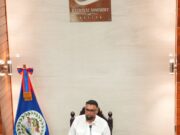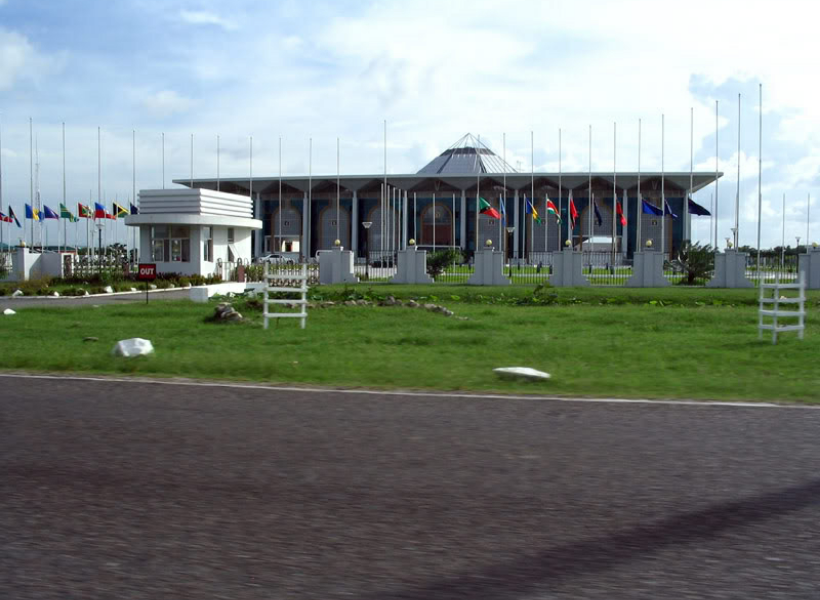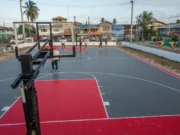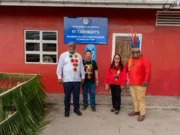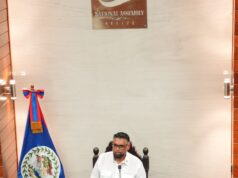As the People’s Progressive Party/Civic (PPP/C) advances plans to establish a post-oil economy in its second term, a draft migration policy has been completed to facilitate overseas labour needed for key projects.
The announcement of the draft document was made this month by PPP/C’s Presidential candidate, Dr. Irfaan Ali, who noted that it is currently under review in conjunction with labour laws from different countries.
Expanding on the significance of the policy, Vice President Dr. Bharrat Jagdeo said on Thursday that there was previously a push for such a policy by certain actors, but the administration was cautious, and for good reason.
“We said no, because firstly, we need to get our own people back to work. Many lost their jobs under the previous administration, and additional jobs were lost when the country was shut down due to COVID-19,” explained the General Secretary.
He highlighted that the government’s approach to creating employment opportunities includes increased public sector spending on roads, bridges, housing, and other infrastructure. This strategy is complemented by the implementation of a part-time workers programme, which involves a monthly investment of approximately $611 million. Under this programme, part-time workers earn $40,000 per month after completing 10 days of work. To date, these efforts have employed over 15,000 persons.
Acknowledging the success of these initiatives, the General Secretary underlined the government’s commitment to increasing female participation in the labour force. Overall, the goal is to bring over 100,000 citizens into employment. To support this, the budget includes incentives such as a $50,000 tax break on a second job acquired.
While these efforts are ongoing, he noted that some major development projects—such as the new Demerara River Bridge crossing—require specialised skills that must be imported. He emphasised that this process cannot be handled on an ad hoc basis; instead, it needs a structured approach, which is the purpose of the migration policy.
The General Secretary stated that the draft policy will be taken to Parliament with support from robust data. This data, he said, will be collected via the introduction of E-ID cards. He said those cards will enable authorities to determine how many Guyanese and non-Guyanese are within the country.
“Once we know who is here, and we assess our labour demand, we will be able to establish a migration policy that allows people to come and work here… That is the core of what we’re trying to do,” he explained.
Essentially, the Vice President stressed that Guyana has no interest in opening its borders to uncontrolled foreign labour; instead, the process must be structured and data-driven.
